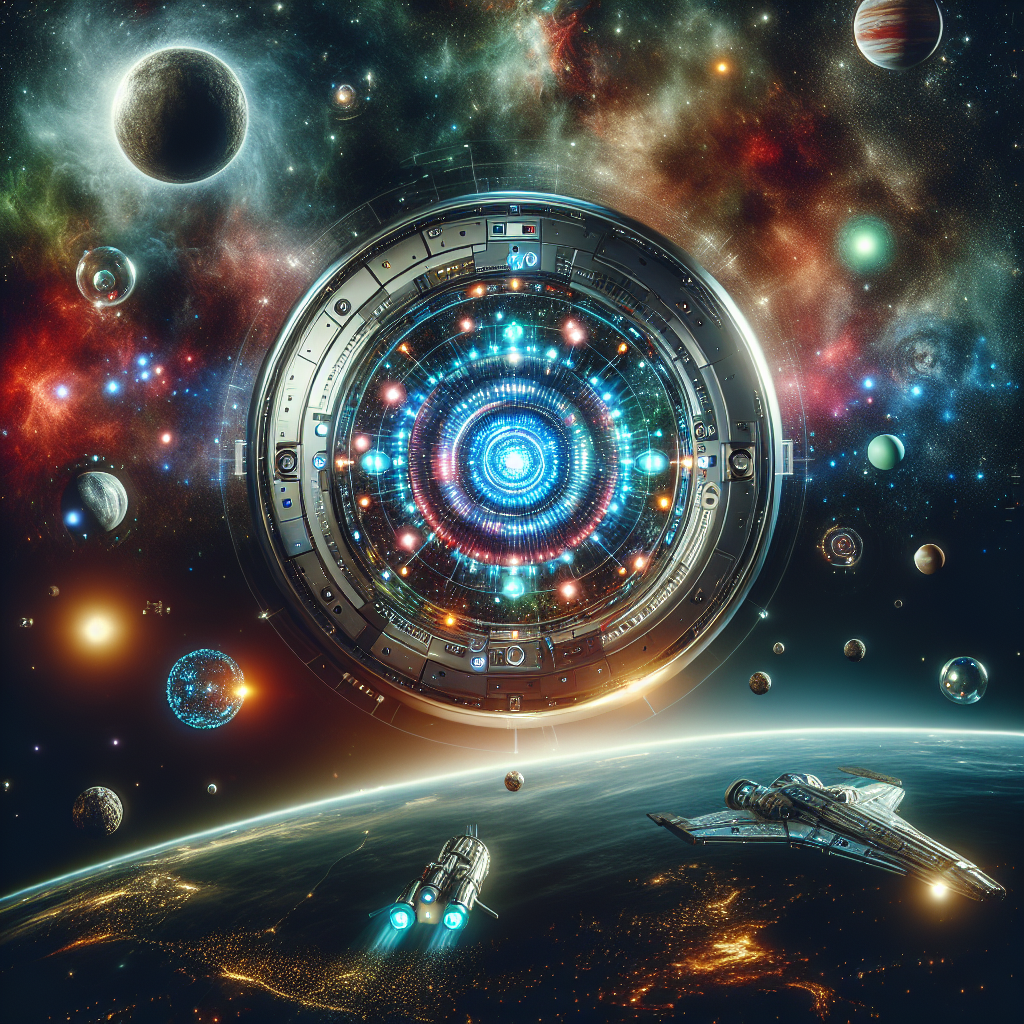The future of artificial intelligence (AI) in space exploration holds immense promise and potential. As technology continues to advance at an exponential rate, AI is increasingly becoming an integral part of space missions, enabling us to explore the cosmos in ways that were once thought impossible. From autonomous rovers on Mars to intelligent spacecraft navigating through the vastness of space, AI is revolutionizing the way we explore the final frontier.
One of the key areas where AI is making a significant impact in space exploration is in the development of autonomous systems. These systems are designed to operate independently of human intervention, making them ideal for missions to distant planets and celestial bodies where communication delays make real-time control impractical. For example, the Mars rovers Curiosity and Perseverance are equipped with AI algorithms that allow them to navigate the Martian terrain, analyze samples, and make decisions on their own.
In addition to autonomous systems, AI is also being used to analyze vast amounts of data collected by space telescopes and other instruments. The sheer volume of data generated by these instruments is far too much for humans to process manually, but AI algorithms can sift through the data quickly and efficiently, identifying patterns and anomalies that might otherwise go unnoticed. This has led to the discovery of new exoplanets, galaxies, and other celestial objects, expanding our understanding of the universe.
Furthermore, AI is being used to optimize spacecraft design and operations, improving efficiency and reducing costs. For example, AI algorithms can help engineers design spacecraft that are lighter, more durable, and more energy-efficient, leading to lower launch costs and longer mission lifetimes. AI can also be used to predict and prevent equipment failures, ensuring that missions run smoothly and successfully.
Looking ahead, the future of AI in space exploration is bright. As technology continues to advance, we can expect to see even more sophisticated AI systems being deployed on future space missions. These systems will enable us to explore new worlds, conduct cutting-edge research, and push the boundaries of human knowledge.
However, with the promise of AI in space exploration also come challenges and ethical considerations. Concerns have been raised about the potential for AI systems to make mistakes or misinterpret data, leading to costly errors or even mission failures. There are also questions about the impact of AI on human exploration, with some experts warning that reliance on AI could lead to a loss of critical skills and knowledge.
Despite these challenges, the benefits of AI in space exploration far outweigh the risks. By harnessing the power of AI, we can unlock new frontiers, expand our understanding of the universe, and pave the way for future generations of explorers. The future of AI in space exploration is limited only by our imagination and our willingness to embrace new technologies.
FAQs:
1. How is AI being used in space exploration?
AI is being used in space exploration in a variety of ways, including autonomous systems for spacecraft and rovers, data analysis for telescopes and instruments, and spacecraft design and operations optimization.
2. What are the benefits of using AI in space exploration?
The benefits of using AI in space exploration include increased efficiency, reduced costs, improved data analysis, and enhanced mission success rates.
3. What are the challenges of using AI in space exploration?
Challenges of using AI in space exploration include potential errors or misinterpretations, ethical considerations, and concerns about the impact on human exploration.
4. What does the future hold for AI in space exploration?
The future of AI in space exploration is bright, with even more sophisticated systems expected to be deployed on future missions, enabling us to explore new worlds and push the boundaries of human knowledge.

